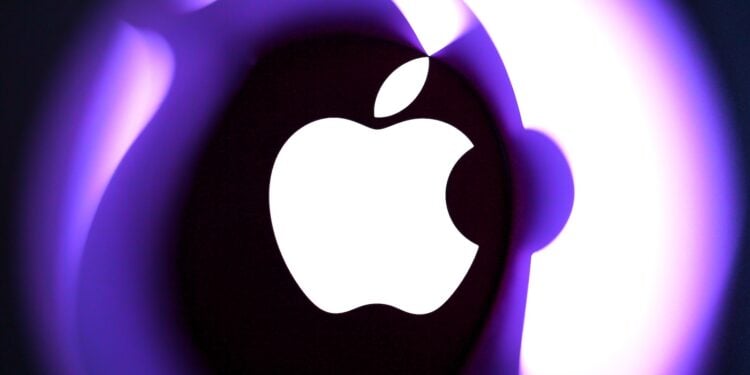The dispute between Apple and the European Union surrounding the Digital Markets Act (DMA) is increasingly demonstrating that Brussels isn't interested in a genuine debate. Instead of engaging with Apple's proposals, the EU is stonewalling and relying on penalties. Apple stands alone in its criticism—and this reveals precisely how one-sided the implementation of the law has been so far.
The DMA is supposed to ensure fair competition. In practice, it forces Apple to open up interfaces and user data to competitors, even if this endangers users' privacy. While other companies benefit or remain silent, Apple is the only one to openly address the law's weaknesses. The EU's ignoring of these concerns raises questions – not only about the fairness of the law, but also about the Commission's intentions.
The premature reaction from Brussels
Apple submitted its comments on the DMA as requested. However, instead of thoroughly reviewing all comments and waiting until 2026 to draw a conclusion, the EU reacted immediately and unusually harshly. Spokesperson Thomas Regnier accused Apple of challenging every rule since the law came into force. Brussels considers this a blocking stance, but it actually only demonstrates that Apple takes its responsibility seriously and does not simply accept risks.
Contradictory statements from the EU
Apple reports that the Commission even blocked its own proposals that would have solved implementation problems. Brussels subsequently imposed penalties precisely for this non-compliance. Officially, it sounds as if Apple was sanctioned for the solution it chose, not for alternative ideas. But this contradiction actually confirms Apple's accusation: The EU doesn't want real solutions, but simply obedience. Apple also made an appearance at a workshop in June 2025, albeit with noticeable reluctance. But instead of acknowledging the dialogue, Regnier made it clear that Brussels alone would decide how the law would be enforced. He even mentioned further open cases against Apple – which sounds more like a threat than cooperation.
Apple as the only company with backbone
The DMA affects six major tech companies, but only Apple is resisting. Google, Meta, and other companies remain silent because they have benefited or been able to adapt their business models. Spotify, which itself is not considered a gatekeeper, is even gaining influence. Apple, on the other hand, is being accused of disclosing technologies and user data that competitors like Meta could use to circumvent protection mechanisms. The DMA thus endangers not only European but also international customers. Apple's refusal to accept this point is less stubbornness than a necessary protection of security and privacy.
The real weakness of the DMA
Officially, the DMA is about competition. In reality, the EU is enforcing rules that weaken companies instead of promoting innovation. Apple is particularly hard hit because data protection and security have been a core commitment to the company for years. Sacrificing these core values simply to grant competitors access doesn't create fair competition—it creates a risk for all users.
Apple warns – and has good reasons
The conflict between Apple and the EU makes it clear that regulation can quickly backfire. What is intended to protect consumers is evolving into a threat to privacy and security. Apple remains the only company to openly address this problem. As long as Brussels relies on penalties instead of constructive dialogue, the Digital Markets Act will bring less competition and, above all, destroy trust. And Apple is right to point this out. (Image: Shutterstock / emka74)
- Fraudulent apps: Study shows enormous increase due to AI
- iPhone 17 Pro with scratches? Apple clarifies cause in stores
- Apple TV+ postpones “The Savant”: Jessica Chastain reacts
- Apple A19 SoC: Detailed look at the new chip
- New WhatsApp feature: Translate messages directly
- iPhone 17 Pro shows progress with checkmark in teardown
- iPhones likely to soon be more open to smartwatches from other brands
- iOS 26.1 Beta 1: All new features at a glance
- iPhone Air and iPhone 17 Pro: Bend & Drop Test Comparison
- New content for Apple Arcade: Highlights in October 2025
- Apple is working on new security features for iOS 26
- Apple in focus: EU investigates App Store over fraudulent apps
- Apple invests in redwood forest restoration
- Apple celebrates reopening of Ginza Store in Tokyo
- FiDA Regulation: Germany wants to exclude Apple & Co.
- Apple expands Image Playground – what the beta version shows
- Apple develops MCP integration for AI agents in iOS & macOS
- iOS 26.1: Language update for Apple Intelligence and AirPods
- Wedbush raises price target: iPhone 17 gives Apple investors hope
- Apple announces new immersive content for Apple Vision Pro
- iPhone 17: Users report Wi-Fi outages





